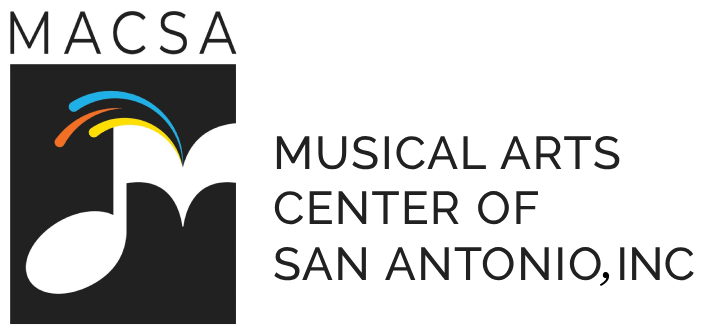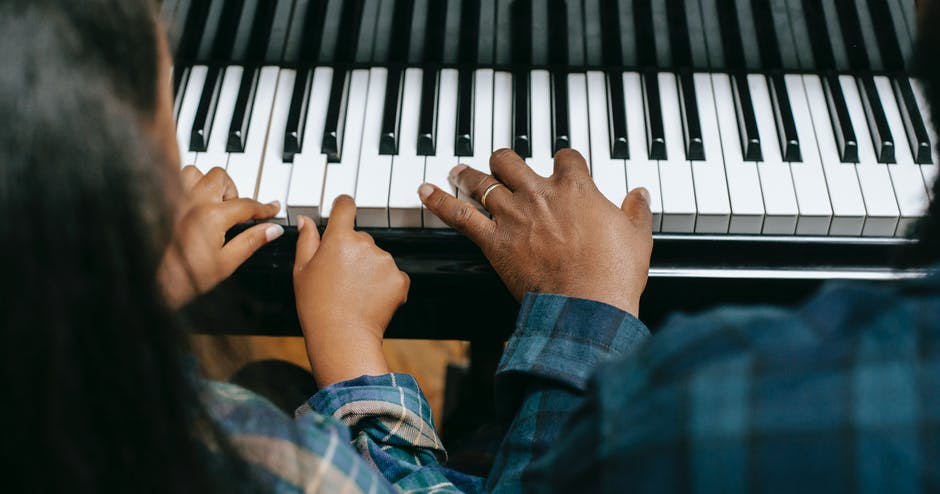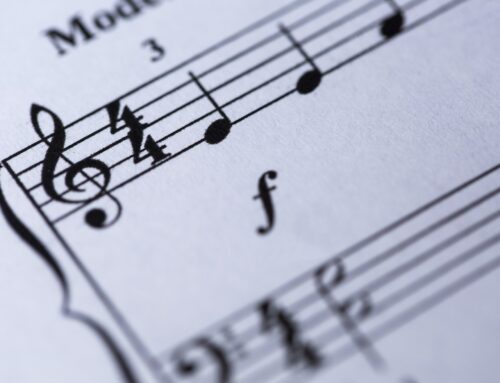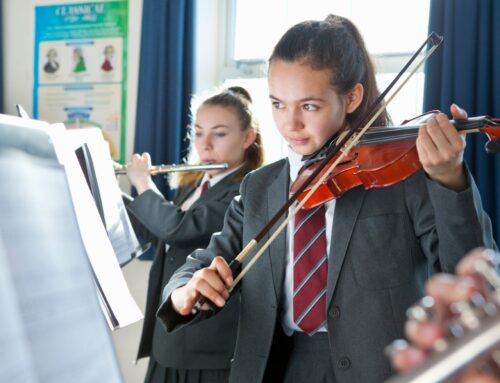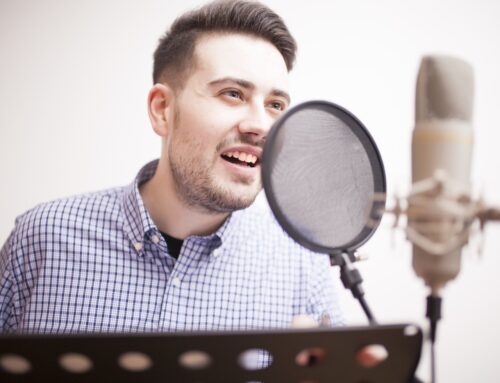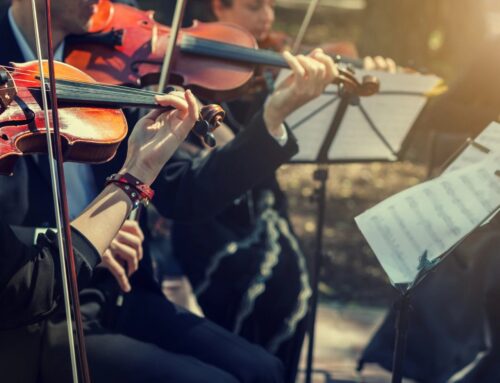Do you remember the giddy anticipation of sitting down on a piano bench as a child? Perhaps your little legs dangled above the floor as you gazed lovingly at the 88 black and ivory keys before you. Back then, you didn’t hesitate to bang down upon the keys with enthusiastic gusto, creating loud, dissonant music from your heart and soul!
Deep inside, you still know what you knew as a child: when there is music inside of you, getting it out feels wonderful!
Learning piano at any age is a great way to unleash your inner musician and create a new soundtrack for your life. As it turns out, it has wonderful benefits for your brain and your body, too!
Are you hesitant to begin piano lessons later in life, or unsure if the gift of piano classes is the right choice for your child? Once you begin lessons with the warm and wonderful teachers at The Musical Arts Center of San Antonio, you’ll be able to see the benefits for yourself. Until then, keep reading to learn about some of the unexpected bonuses that come from learning to play the piano!
Piano Is the Gateway to All of Music
At one time or another, every single piano player had to sit down with a teacher and take their first lesson. Even those who grew up to become competent, professional pianists felt overwhelmed when they first started! The piano is beautiful in its complexity, which is exactly why it’s the perfect first instrument to learn.
The piano is capable of playing the widest range of notes out of any instrument out there. That means that you don’t need to be part of an orchestra or band to play rich and complex music including counterpoint and harmony.
Because the piano plays notes in both the bass clef and treble clef, piano students gain a fuller picture of how music works. This foundation makes it easy to pick up nearly any other instrument, from brass to strings! Once you can read music and understand the relationship between sounds and symbols, you’ve essentially picked up a brand new language!
There is a lot of subconscious math involved in piano playing, and these concepts make a lot more visual sense on a keyboard than they do on other instruments. Students who begin with piano lessons can grasp concepts like whole-steps and half-steps a lot quicker than students who begin with simpler instruments.
When you begin piano lessons in childhood, you will also begin to develop a strong sense of pitch. Many students who play piano throughout childhood even develop perfect pitch over time. A lot of the most talented singers began as piano players!
Piano Is Good for Your Brain
You might have heard a rumor that playing the piano makes you smarter. To play the piano, you must use many different parts of your brain at once. You will be reading music, counting beats and rhythms, coordinating your hands and eyes, and actively listening while you play. Sometimes just running through scales can feel like a workout for your brain!
Reading and Language
Foremost, learning to read music uses the same parts of your brain as learning how to read books! The key skill involved in both is “decoding.” This means making meaning out of a series of symbols.
Research suggests that children who take music lessons, including piano, become better readers.
There is also some overlap between the skills needed to read music and learn foreign languages. Piano players are effectively looking at the foreign language of written music and “translating it” into a series of gestures. Those gestures create sound and meaning, in the same way that spoken language does!
Many children who take piano lessons show an improved aptitude when it comes to picking up a foreign language. There is some evidence that adults benefit from these elevated language skills, too!
Mathematics
All of music theory has a basis in mathematics. Every note and beat has a numeric value. To count rhythms, piano students need to engage in mathematical thinking.
Much of the math inherent in playing music takes place subconsciously. Piano players develop systems of mental math to help them problem solve instantaneously. It’s no surprise that individuals who take piano lessons typically score higher on math tests than people who do not!
Physical Coordination
Not everyone who feels drawn to music as a hobby is also a natural athlete… at first! Learning piano can improve your physical coordination by training your hands and eyes to work in tandem.
Specifically, your right and left hand often need to be doing different things while playing a piece of music. You will need to independently coordinate each hand while following along in your sheet music. This stimulates and wakes up parts of your brain that are active in skilled athletes!
Once you master the piano, you’ll not only be able to play a beautiful piece of music, you’ll also be able to rub your head while patting your stomach!
Learning Piano: Lifechanging at Any Age!
The jury is still out: does learning piano make you smarter, or are smart people more likely to commit to learning piano? Either way, why not give your brain a boost and enroll in piano lessons today? Better yet, give the gift of music and all that it entails to a talented child in your life.
The Musical Arts Center of San Antonio offers engaging and affordable lessons in piano for kids, as well as piano for adults. Reach out and schedule your first lesson today to start developing a lifelong love of music. We’ll provide you with all the information you need about how to learn piano in our fun, supportive environment!
